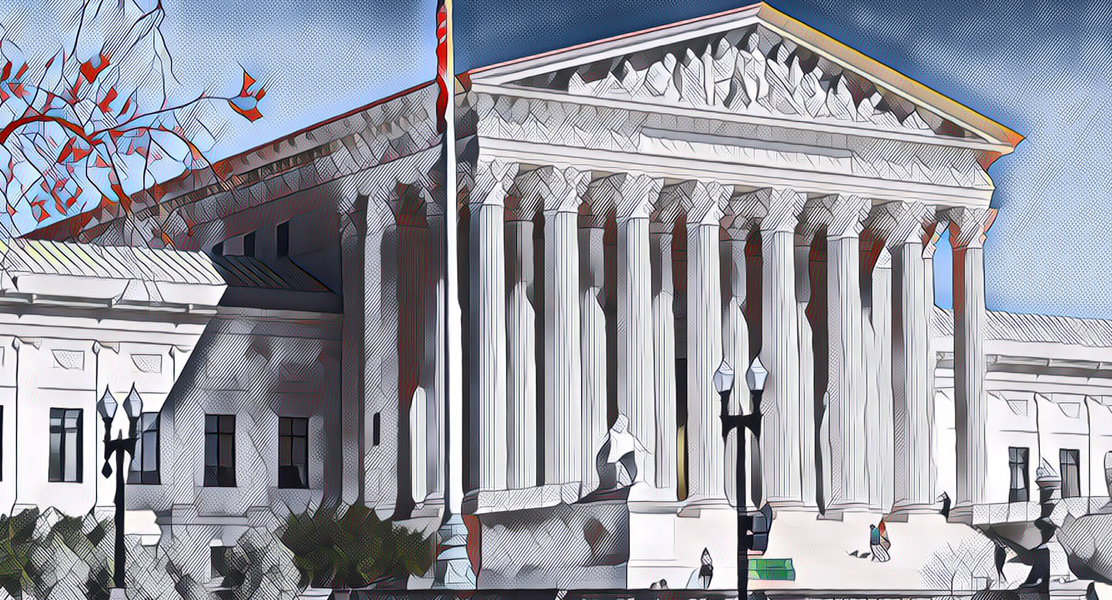U.S. Supreme Court issues troubling decision in religious school funding case

In a 5-4 decision, the U.S. Supreme Court in Espinoza v. Montana Dept. of Revenue held that states subsidizing private education cannot under the First Amendment exclude religious schools from those funding programs, even when state law explicitly bars funding religious schools out of church-state concerns. The opinion, written by Chief Justice John Roberts, overturned a Montana Supreme Court ruling invalidating the state’s tax credit scholarship program.
The ruling expands on the most recent funding case, Trinity Lutheran, in which the Court held unconstitutional the exclusion of churches from a playground refurbishment grant. Here, the Chief Justice found no real distinction between funding a playground and funding religious education, which the Montana constitution forbids.
The Montana Constitution discriminates based on religious status just like the Missouri policy in Trinity Lutheran, which excluded organizations “owned or controlled by a church, sect, or other religious entity.” The Department points to some language in the decision below indicating that the no-aid provision has the goal or effect of ensuring that government aid does not end up being used for “sectarian education” or “religious education.” The Department also contrasts what it characterizes as the “completely non-religious” benefit of playground resurfacing in Trinity Lutheran with the unrestricted tuition aid at issue here. . . . Regardless, those considerations were not the Montana Supreme Court’s basis for applying the no-aid provision to exclude religious schools; that hinged solely on religious status. Status-based discrimination remains status based even if one of its goals or effects is preventing religious organizations from putting aid to religious uses.
BJC filed a friend-of-the-court brief urging the court to uphold Montana’s right to treat religious schools differently in its funding programs to avoid church-state entanglements. Following the Supreme Court’s decision, BJC General Counsel Holly Hollman blasted Roberts’ reasoning as “a shell game:”
The decision’s high concern for equal treatment of religious schools disregards the distinctiveness of religion in our constitutional order and contradicts the special treatment that religion rightfully receives to keep government from influencing and interfering with it.
…
The more that religious schools are treated just like all other private schools, the harder it is to justify and defend the special accommodations they receive, including in their hiring and firing practices, admission policies and curriculum choices.”
Writing one of three dissenting opinions, Justice Breyer likewise took issue with the majority’s logic:
Montana has chosen not to fund (at a distance) “an essentially religious endeavor”—an education designed to “‘induce religious faith.’” That kind of program simply cannot be likened to Missouri’s decision to exclude a church school from applying for a grant to resurface its playground.
Private choice cannot help the taxpayer who does not want to finance the propagation of religious beliefs, whether his own or someone else’s.
Coupled with Trinity Lutheran, the Court’s ruling in Espinoza leaves unclear where the limits are when it comes to government funding of religion. For more on the background of this case, see BJC’s Espinoza resource page.




